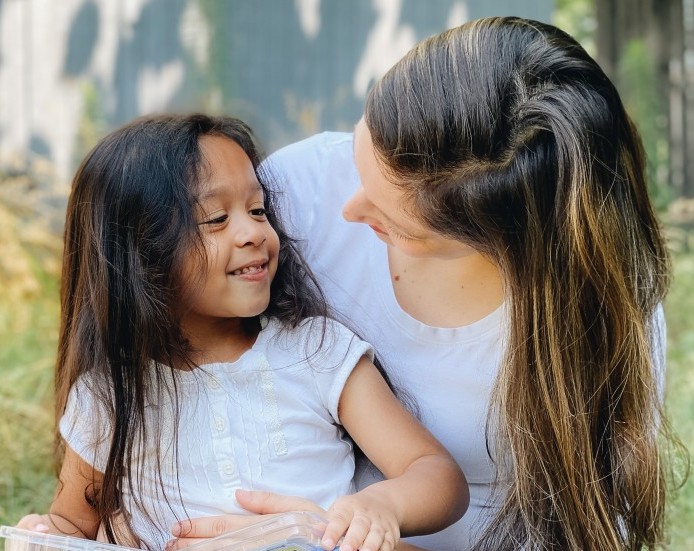Stop Trying to Raise Successful Kids and Start Raising Kind Ones
As anyone who has been called out for hypocrisy by a small child knows, kids are exquisitely attuned to gaps between what grown-ups say and what grown-ups do. If you survey American parents about what they want for their kids, more than 90 percent say one of their top priorities is that their children be caring. This makes sense: Kindness and concern for others are held as moral virtues in nearly every society and every major religion. But when you ask children what their parents want for them, 81 percent say their parents value achievement and happiness over caring.
Kids learn what’s important to adults not by listening to what we say, but by noticing what gets our attention. And in many developed societies, parents now pay more attention to individual achievement and happiness than anything else. However much we praise kindness and caring, we’re not actually showing our kids that we value these traits.
Perhaps we shouldn’t be surprised, then, that kindness appears to be in decline. A rigorous analysis of annual surveys of American college students showed a substantial drop from 1979 to 2009 in empathy and in imagining the perspectives of others. Over this period, students grew less likely to feel concern for people less fortunate than themselves—and less bothered by seeing others treated unfairly.
If society is fractured today, if we truly care less about one another, some of the blame lies with the values parents have elevated. In our own lives, we’ve observed many fellow parents becoming so focused on achievement that they fail to nurture kindness. They seem to regard their children’s accolades as a personal badge of honor—and their children’s failures as a negative reflection on their own parenting.
Other parents subtly discourage kindness, seeing it as a source of weakness in a fiercely competitive world. In some parenting circles, for example, there’s a movement against intervening when preschoolers are selfish in their play. These parents worry that stepping in might prevent kids from learning to stick up for themselves, and say that they’re less worried about the prospect of raising an adult who doesn’t share than one who struggles to say no. But there’s no reason parents can’t teach their kids to care about others and themselves—to be both generous and self-respecting. If you encourage children to consider the needs and feelings of others, sometimes they will and sometimes they won’t. But they’ll soon learn the norm of reciprocity: If you don’t treat others considerately, they may not be considerate toward you. And those around you will be less likely to be considerate of one another, too.
Excerpted from “Stop Trying to Raise Successful Kids and Start Raising Kind Ones” in the December 2019 issue of The Atlantic. Read the full article.
The Atlantic | Stop Trying to Raise Successful Kids and Start Raising Kind Ones, https://www.theatlantic.com/magazine/archive/2019/12/stop-trying-to-raise-successful-kids/600751 | Copyright (c) 2019 by The Atlantic Monthly Group
Care Coordinators can arrange a free 30 minute Care Consultation so you can explore options with an expert. We invite you to call or email our Care Coordinators at 650.688.3625 or careteam@testing.chconline.org to set up an initial Parent Consultation appointment.





